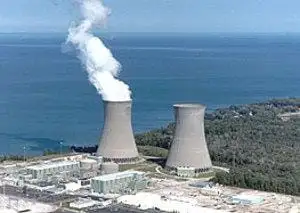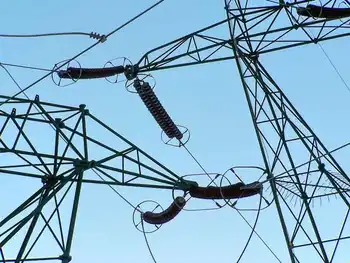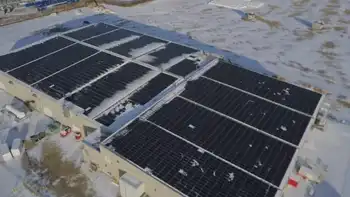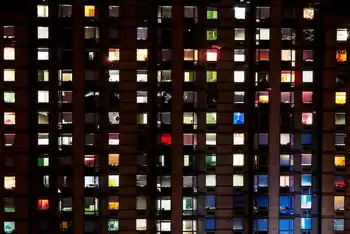No end in sight to isotope crisis
Linda Keen, former president of the Canadian Nuclear Safety Commission, also said the current crisis is worse than the prolonged closing that led to her dismissal.
"We have no idea when this is coming back,'' Keen told reporters. ''There are no alternatives. There is no guaranteed supply coming from anywhere else and there are no plans to build a new reactor."
Keen was fired by the federal government in January 2008, part of the fallout from a global shortage of medical isotopes.
That shortage occurred after her group ordered Atomic Energy of Canada Ltd. to extend the closing of the National Research Universal reactor because it had not met conditions to renew its licence in November 2007. Parliament legislated the reactor reopened the next month.
This time, AECL says it decided to prolong an unexpected shutdown of the reactor, to what could be more than a month, after discovering a water leak on May 15.
Keen said there is no clear alternative in sight since the federal government cancelled the project that would have replaced the 52-year-old reactor with two new ones.
Parliament characterized the 2007 isotope shortage as a life-or-death situation when it decided to overrule the nuclear watchdog, so Keen said she found it ironic Natural Resources Minister Lisa Raitt was playing down the necessity of medical isotopes.
Raitt disagreed with the analysis because in 2007 the nuclear watchdog wanted to keep the reactor closed against the wishes of AECL.
Related News
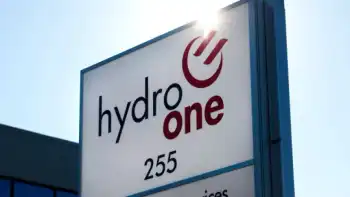
Hydro One, Avista to ask U.S. regulator to reconsider order against acquisition
TORONTO - Hydro One Ltd. and Avista Corp. say they plan to formally request that the Washington Utilities and Transportation Commission reconsider its order last week denying approval of the $6.7-billion takeover of the U.S.-based energy utility.
The two companies say they will file a petition no later than Dec. 17 but haven't indicated on what grounds they are making the request.
Under Washington State law, the UTC has 20 days to consider the petition, otherwise it is deemed to be denied.
If it reconsiders its decision, the UTC can modify the prior order or take any actions it deems appropriate including extending…

